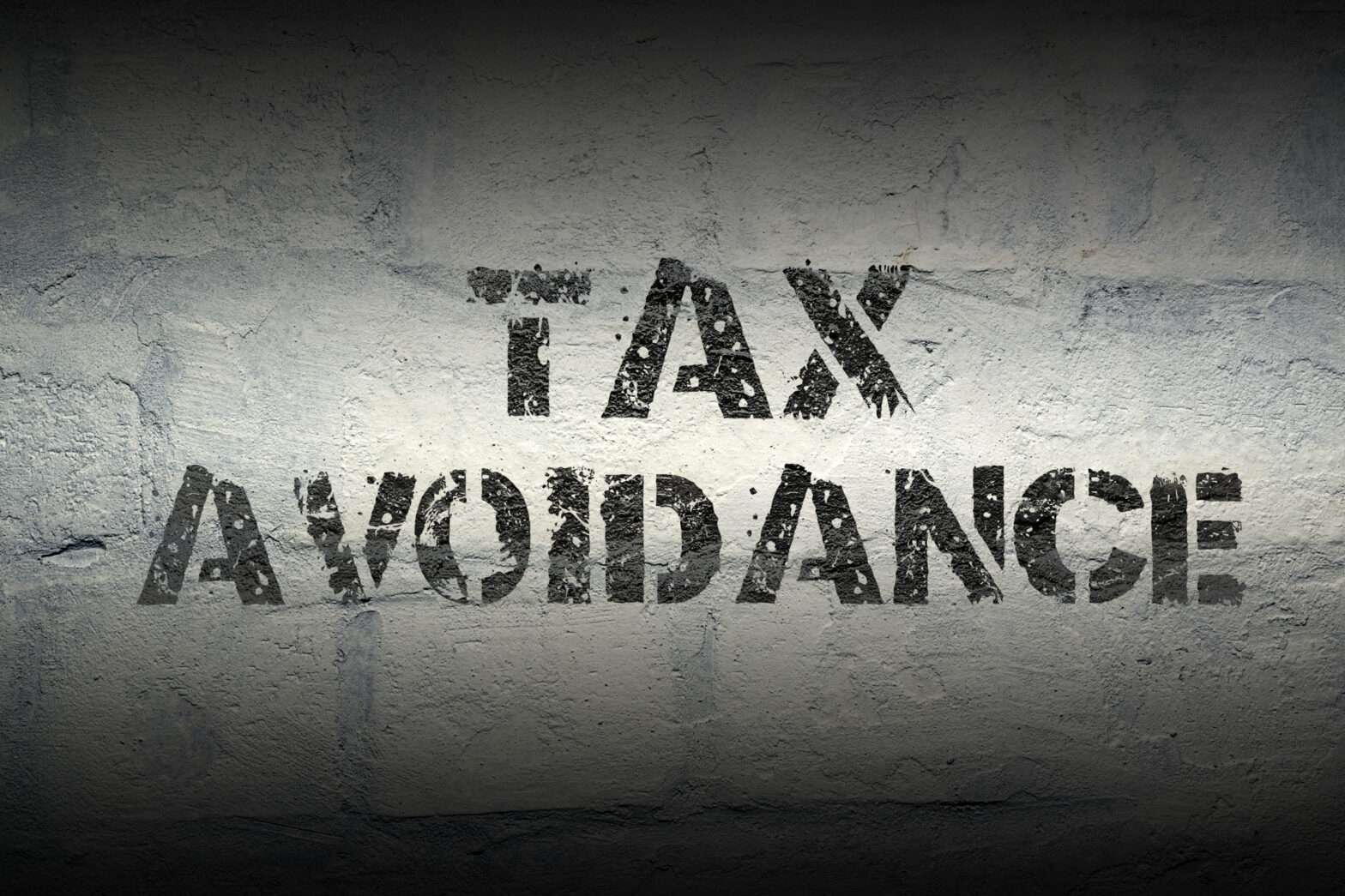Jeremy Corbyn has recently announced that, if Labour came into power, companies would have to expect to pay slightly more tax and the money raised would be invested in education.
While this decision may be unpopular with business directors, it could gain support from voters, as solicitors Rahman Ravelli finds 60 per cent of the public would stop shopping with a company if it had been associated with tax fraud.
This follows the recent high-profile tax avoidance case involving Glasgow Rangers FC, which focused on the football club’s use of loan structures to pay its staff and players.
HMRC said it missed out on £46.2million in tax revenues from the club. On July 5th 2017 the Supreme Court ruled in favour of HMRC.
What is corporation tax?
Corporation tax is the tax that all public limited companies should pay on their annual profits. The main rate of UK corporation tax was lowered from 20 per cent to 19 per cent this year; making it the lowest in the G20.
Political stances of corporate tax
The Conservatives’ plans to slash corporation tax to 17 per cent by 2020 have been confirmed by Chancellor Philip Hammond, who says it will ‘send the clearest possible signal Britain is open for business’.
But this is something that Jeremy Corbyn has openly opposed, saying ‘I don’t see a future for this country of being a sort of low-tax haven on the shores of Europe’.
The SNP shares this view and has backed tougher action on tax avoidance.
The DUP is expected to negotiate further with the Conservative government to secure a reduction in Northern Ireland’s corporation tax.
All Northern Irish parties support the reduction of corporation tax to 12.5 per cent, the same rate as the Irish Republic; which has attracted some of the biggest global corporations over the past 40 years, including Intel, Boston Scientific, Dell, Pfizer, Google, Hewlett Packard, Facebook, and Johnson and Johnson.
Plaid Cymru supports the devolution of corporation tax to Wales and reducing it to give the country a ‘competitive advantage.’
Leading Welsh economist Eurfyl ap Gwilym recommends a post-Brexit low tax rate of ten per cent for Wales, Northern Ireland and North-East England.
How do companies manage to avoid paying corporation tax?
HMRC defines tax avoidance as:
‘Bending the rules of the tax system to gain a tax advantage that Parliament never intended. It often involves contrived, artificial transactions that serve little or no purpose other than to produce a tax advantage. It involves operating within the letter – but not the spirit – of the law.’
HMRC lists tax avoidance schemes it is aware of on its website, along with advice for people who think they might be in a tax avoidance scheme or being offered one.
Ultimately, the responsibility lies with the directors of the company to ensure taxes are paid correctly.
What should companies do to ensure they are paying the right amount of tax?
As Aziz Rahman, senior partner at serious business crime solicitors Rahman Ravelli explains, ‘An HMRC investigation into your business taxes can have a negative long-term impact, creating distrust with your consumers and trading partners and landing you with a much higher tax bill. Directors need to be aware of the warning signs of tax avoidance schemes and ensure they are asking the right questions of their accountants. For example:
- Can the accountant point to any recent legal judgements to prove that the tax avoidance scheme they are recommending will not be ruled to be illegal by the authorities?
- Has the accountant taken legal advice over this scheme? If so, what advice was given?
- Is the scheme doing what it says it does (for example, funding film projects) or is it simply a technical paper exercise to avoid tax?





